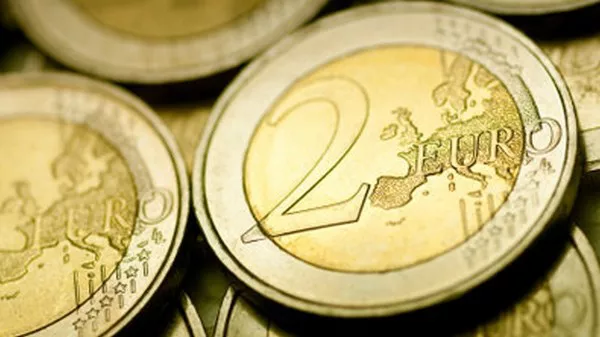Will the Euro go up or down this week? This is a question that many investors and traders are asking themselves right now. The currency markets are notoriously volatile, with exchange rates constantly fluctuating in response to a wide range of economic and political factors. In this article, we will examine some of the key drivers of Euro exchange rate movements and consider whether the common currency is likely to appreciate or depreciate in value in the coming days.
Eurozone Economic Performance
One of the most important factors influencing the value of the Euro is the performance of the Eurozone economy. The Eurozone is a monetary union made up of 19 member states, each with their own unique economic characteristics. The European Central Bank (ECB) is responsible for setting monetary policy for the entire Eurozone, which can have significant implications for exchange rates.
Recent economic data from the Eurozone has been mixed. On the one hand, there are signs that the region’s economic recovery is gaining momentum. For example, Eurozone GDP grew by 0.4% in the first quarter of 2023, following growth of 0.3% in the final quarter of 2022. Meanwhile, unemployment has fallen to its lowest level since 2008, at just 7.5%.
However, not all the news is positive. Inflation in the Eurozone remains stubbornly low, with prices rising by just 1.6% year-on-year in April 2023, well below the ECB’s target of close to but below 2%. This has led to concerns that the Eurozone could be heading towards deflation, which would be a major concern for policymakers.
In addition, there are concerns about the impact of rising energy prices on the Eurozone economy. The cost of oil has risen significantly in recent months, which could lead to higher inflation and slower economic growth.
Political Risk
Another key factor that can influence the value of the Euro is political risk. The Eurozone has been beset by a range of political challenges in recent years, including Brexit, the rise of populist movements, and ongoing tensions between member states over issues such as fiscal policy and migration.
One potential source of political risk this week is the Italian general election, which is due to take place on Sunday, June 4th. There are concerns that the election could result in a hung parliament or a victory for populist parties, which could lead to further instability in the Eurozone.
In addition, ongoing tensions between the European Union and Turkey could also weigh on investor sentiment towards the Euro. The Turkish lira has been under pressure in recent weeks, amid concerns about the country’s political and economic outlook. If these tensions escalate further, it could lead to increased market volatility and a weaker Euro.
Monetary Policy
Finally, it is worth considering the impact of monetary policy on the value of the Euro. The ECB has been pursuing an ultra-loose monetary policy stance in recent years, with interest rates at historic lows and a program of quantitative easing in place.
However, there are signs that the ECB could be starting to shift towards a more hawkish stance. In April 2023, ECB President Christine Lagarde hinted that the central bank could start to taper its bond-buying program later this year, which would be a significant change in policy.
If the ECB does start to tighten monetary policy, this could be supportive of the Euro. Higher interest rates would make the currency more attractive to investors, while a reduction in the supply of euros on the market could also help to boost its value.
Conclusion
So, will the Euro go up or down this week? As always, it is difficult to say for sure. However, based on the factors discussed above, it seems that there are both positive and negative drivers of Euro exchange rate movements.
On the positive side, the Eurozone economy is showing signs of improvement, which could support the common currency. Meanwhile, if the ECB does start to tighten monetary policy, this could also be supportive of the Euro.
However, there are also a number of negative factors to consider. Political risk remains high in the Eurozone, particularly with the Italian general election looming on the horizon. In addition, rising energy prices and ongoing tensions with Turkey could also weigh on the Euro.
Ultimately, it will be up to investors and traders to decide whether the positive or negative factors outweigh each other. However, by keeping an eye on these key drivers of Euro exchange rate movements, you can stay informed and make better-informed trading decisions.
Related topics:


